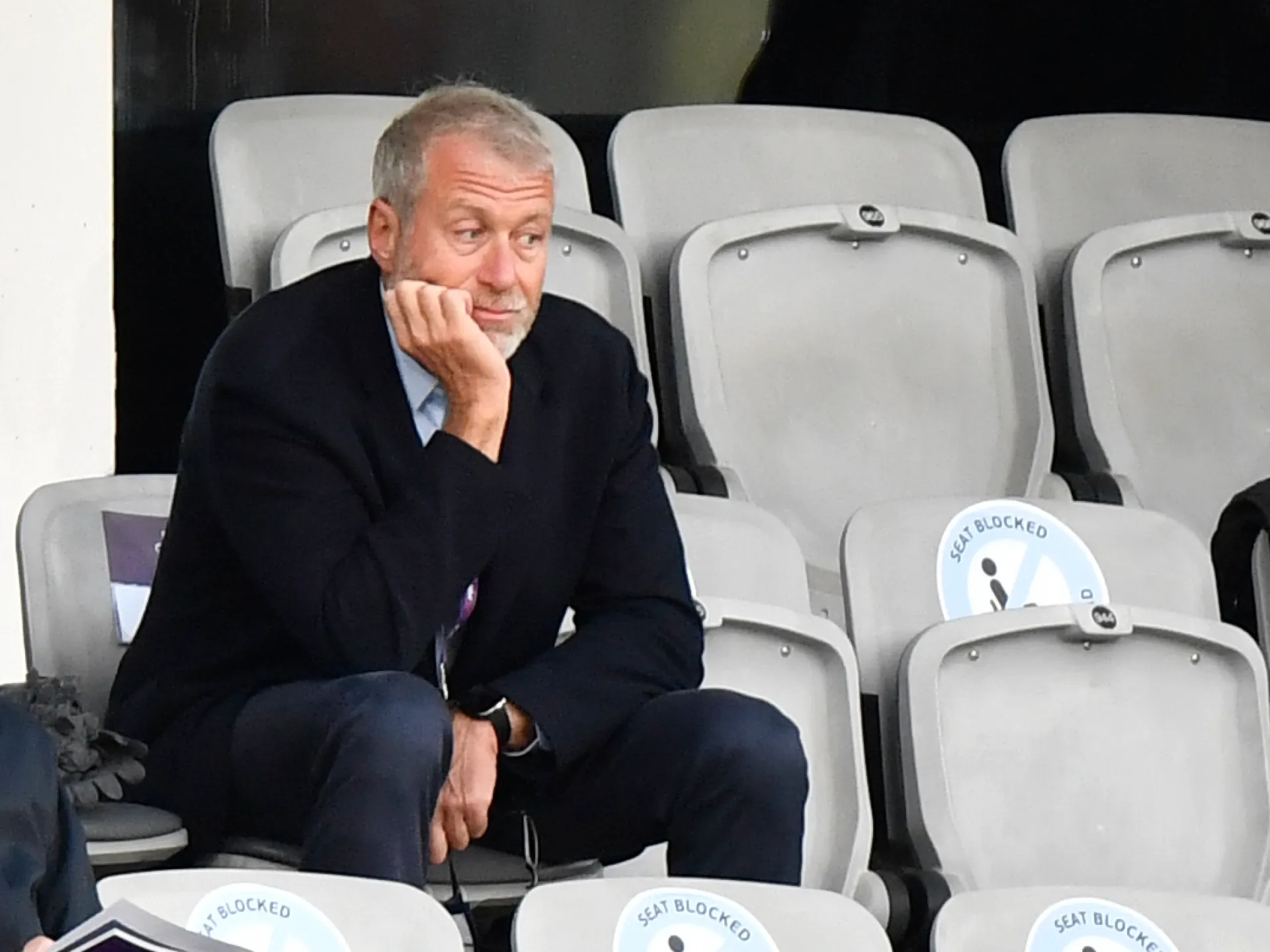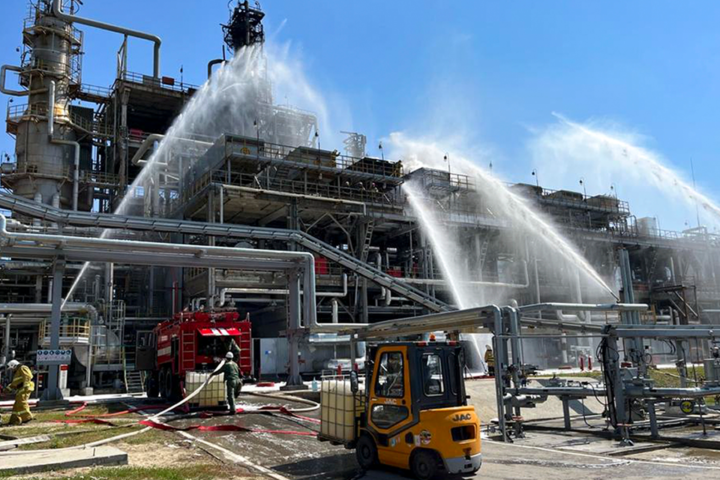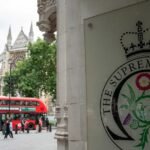The UK Supreme Court has rejected an appeal by Russian billionaire Evgeny Shvidler and businessman Serhiy Naumenko, upholding government-imposed sanctions tied to Russia’s full-scale invasion of Ukraine. The ruling, delivered on Monday, confirms the British government’s sovereign authority to impose restrictive measures on individuals linked — directly or indirectly — to the Kremlin’s war efforts.
Court affirms government’s right to impose sanctions in defence of national interests
By a majority of four to one, the court found a “rational connection” between the sanctions imposed on Shvidler and their intended purpose: exerting pressure on Russian elites to distance themselves from the Kremlin’s aggression. The justices reaffirmed that the UK’s unwritten constitution grants the government supreme powers to respond to security threats, including determining the suitability and scope of sanctions to counter foreign aggression.
In the court’s view, sanctions targeting wealthy individuals — even those claiming limited political influence — serve a broader deterrent function. “[They] send a clear message to others in similar positions that it would be wise to cut ties with Russian business interests,” the ruling stated.
Shvidler, a long-time business associate of Roman Abramovich, argued that the sanctions had devastated his personal and professional life, and infringed on his family’s ability to access property, yachts, and private education in the UK. His lawyers contended that he had no sway over Vladimir Putin’s decision-making, and therefore should not be penalised for the war. The court rejected that argument, siding with the government’s broader geopolitical rationale.
Symbolic first ruling on post-Brexit sanctions powers
This decision marks the first test of the UK’s autonomous sanctions regime post-Brexit and is being hailed in London as a historic legal precedent. British officials argue that sanctions are a vital tool in limiting Putin’s access to global capital and weakening the network of wealthy backers sustaining his war machine. For the British judiciary, the ruling affirms that restrictions may be severe and long-term — so long as they pursue a legitimate aim of national interest.
The government has also stated its intention to pursue legal action against Roman Abramovich, seeking to redirect $3.2 billion from the sale of Chelsea Football Club to humanitarian aid for Ukraine.
In a separate judgment, the court dismissed Naumenko’s appeal over the seizure of his €44 million superyacht in London. Like Shvidler, Naumenko was found to have failed to prove that the sanctions were disproportionate or legally unfounded.
Ruling aligns with EU sanctions doctrine
The verdict reflects a broader international trend. In recent years, the European General Court has consistently rejected similar appeals from sanctioned oligarchs such as Gennady Timchenko, Mikhail Fridman and Petr Aven, reinforcing the idea that proximity to the Kremlin — financial or social — may be sufficient grounds for punitive measures.
In both the UK and the EU, courts are converging around the principle that financial sanctions are not only reactive, but preventive, aiming to accelerate the end of Russian aggression by imposing costs on its enablers. While due process and access to essential needs remain protected through licensing systems, the overriding goal remains clear: sustained pressure on Moscow through strategic isolation.
Ukraine sees ruling as signal of international resolve
For Kyiv, the UK court’s stance represents a powerful affirmation of Western unity and legal resolve. Ukrainian officials welcomed the ruling as a sign that the global legal architecture is adapting to meet the demands of modern conflict. Sanctions, they argue, are a morally justified tool of international pressure, holding to account those who enriched themselves through — or failed to oppose — Russia’s war.
Ukraine continues to call for expanded sanctions coverage, including the repurposing of frozen oligarch assets for postwar reconstruction. The UK decision strengthens Kyiv’s argument that such measures are not only possible, but lawful under existing frameworks.










